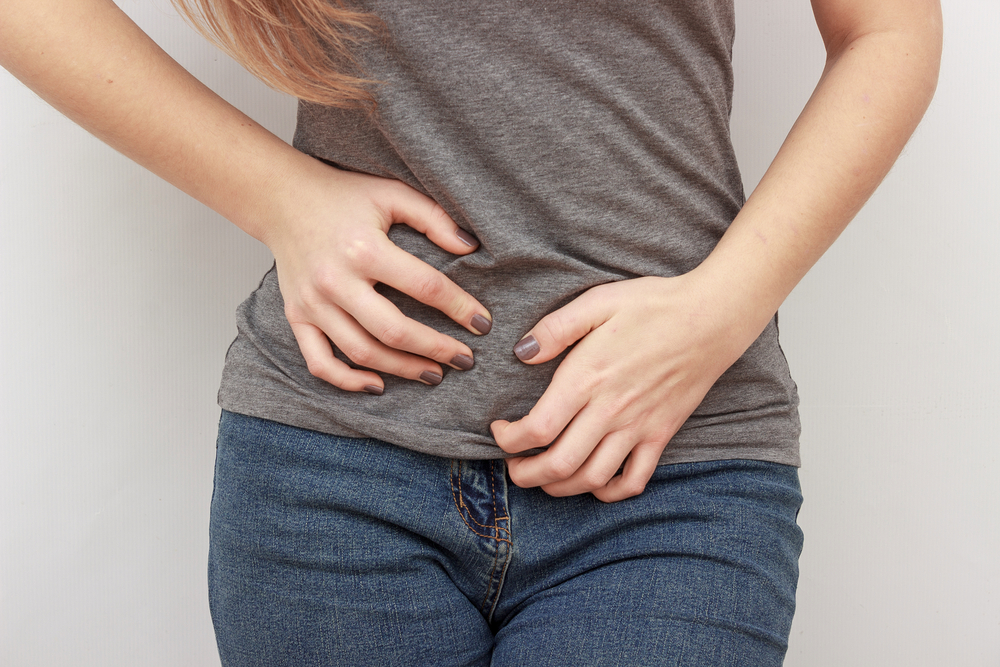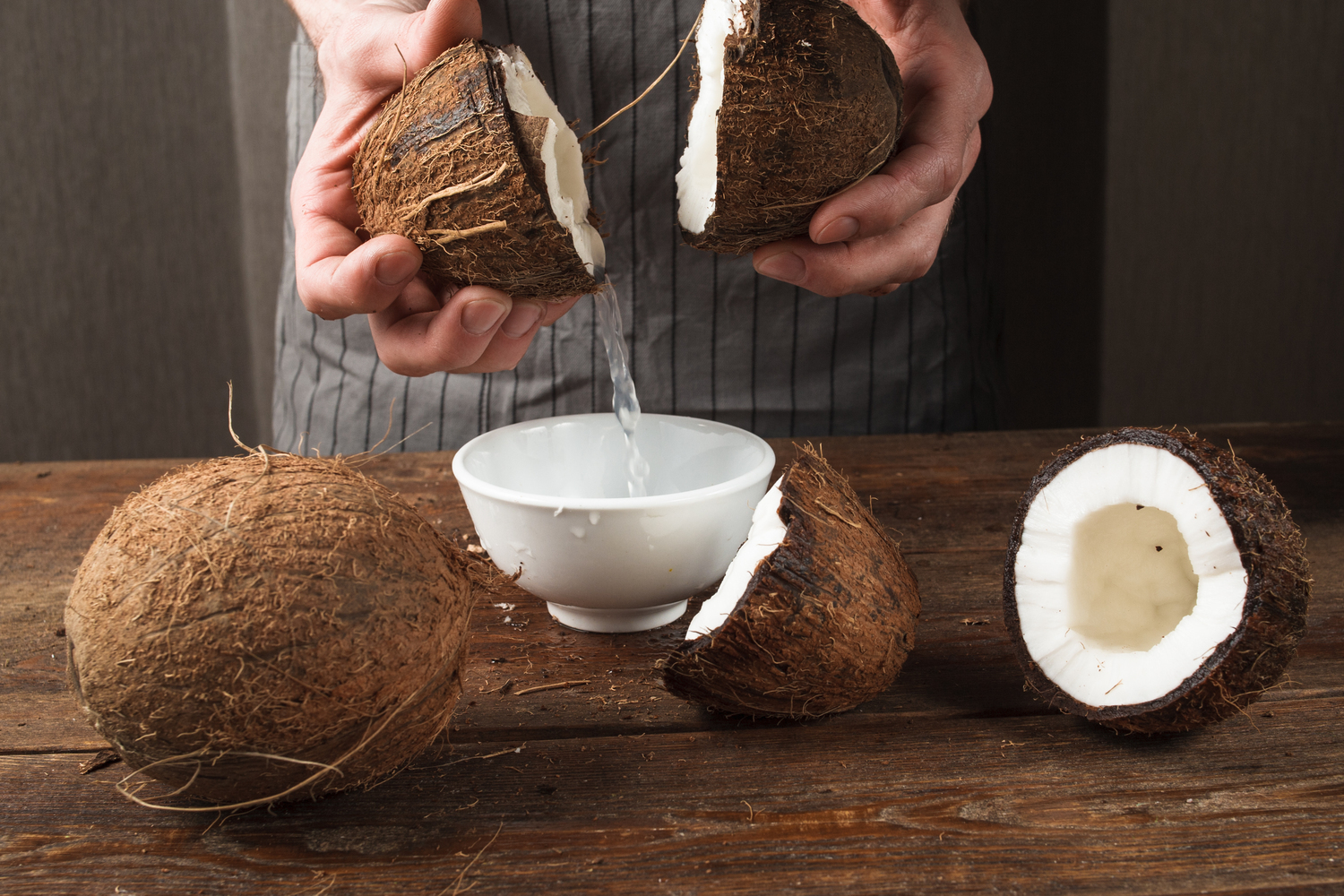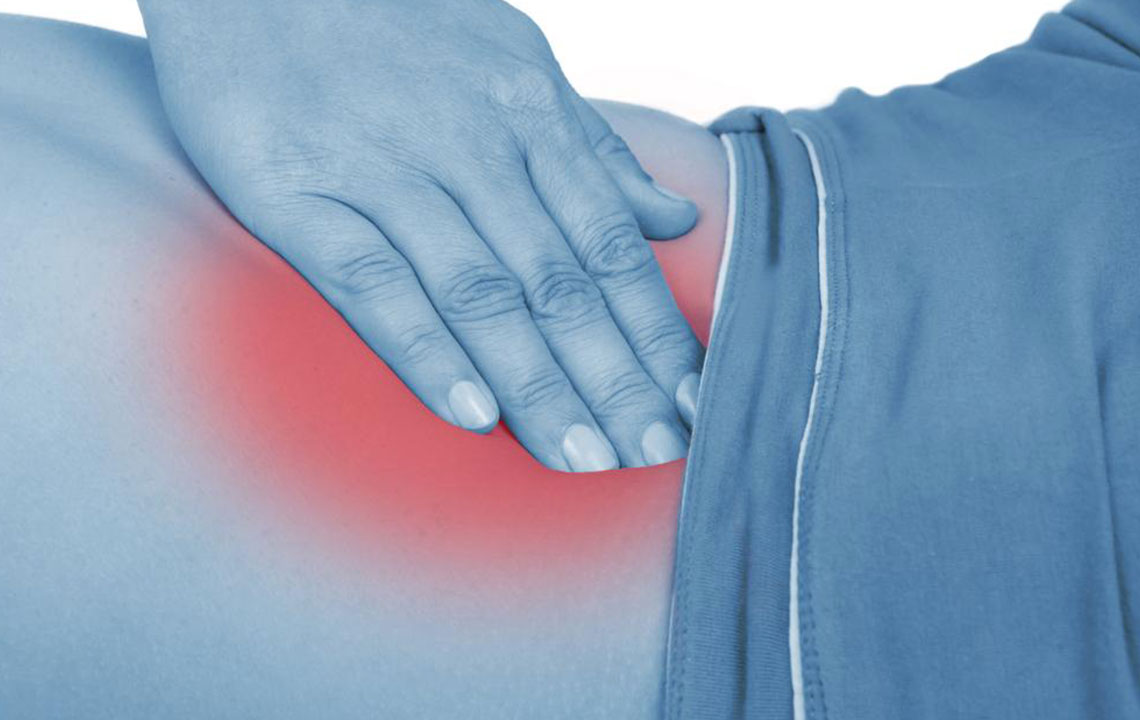Comprehensive Guide to Managing and Treating Diarrhea Effectively
This comprehensive guide covers effective strategies to manage and treat diarrhea, including causes, home remedies, medication options, hydration tips, probiotics, and dietary advice. It emphasizes early intervention, proper hydration, and dietary adjustments to ensure quick recovery and prevent complications, making it an essential resource for anyone facing gastrointestinal issues.

Comprehensive Guide to Managing and Treating Diarrhea Effectively
Effective Strategies and Practical Approaches for Alleviating Diarrhea
Diarrhea is a common gastrointestinal condition that affects individuals across all age groups, from infants to elderly adults. It manifests primarily through symptoms such as frequent loose or watery stools, abdominal cramps, bloating, and dehydration. While many cases are mild and resolve on their own, understanding the underlying causes, preventive measures, and treatment options is essential for effective management. Properly addressing diarrhea can prevent complications and promote quicker recovery, making this guide an indispensable resource for anyone experiencing or managing this condition.
Common Causes of Diarrhea and How to Recognize Them
Diarrhea is often triggered by a variety of factors, including infections caused by bacteria, viruses, or parasites, as well as environmental factors like contaminated water or food. Food poisoning is a primary culprit, especially when ingesting spoiled or contaminated food. Viral infections such as norovirus or rotavirus are also common and highly contagious, particularly in communal settings. Additionally, bacterial pathogens like Salmonella, E. coli, or Campylobacter can contribute to severe diarrhea.
Beyond infections, other causes include side effects from medication, especially antibiotics, which can disrupt the natural balance of gut bacteria. Food intolerances, such as lactose intolerance or gluten sensitivity, may also cause diarrhea episodes. Stress and certain underlying health conditions like irritable bowel syndrome (IBS) or inflammatory bowel disease (IBD) can exacerbate symptoms. Recognizing these causes helps in tailoring appropriate treatment and preventative measures.
Effective Treatment Options for Different Types of Diarrhea
Most mild diarrhea cases tend to resolve within a few days without medical intervention, primarily through home care and dietary adjustments. However, prolonged or severe diarrhea warrants prompt medical attention to prevent dehydration and complications. Patients experiencing symptoms such as high fever, blood in stool, persistent vomiting, or signs of dehydration should seek healthcare immediately.
Medical professionals often recommend diagnostic tests like stool analysis, blood tests, or imaging to identify the cause accurately. In some cases, a colonoscopy or endoscopy may be necessary for diagnosis, especially if underlying conditions are suspected.
Medication-Based Treatments for Diarrhea
Depending on the diagnosed cause, treatment may involve antibiotics, antiparasitic drugs, or antivirals. For bacterial infections, doctors might prescribe antibiotics like quinolones or azithromycin. Parasitic infections may require specific antiparasitic medications such as metronidazole. Viral diarrhea, on the other hand, generally does not respond to antibiotics; instead, supportive care is recommended.
Corticosteroids and other anti-inflammatory medications may be used for inflammatory bowel conditions. It’s crucial to follow medical advice and complete prescribed courses to ensure complete recovery.
Hydration and Electrolyte Replenishment: The Cornerstone of Recovery
One of the most critical aspects of managing diarrhea, especially in children and the elderly, is maintaining proper hydration. Frequent loose stools can lead to significant fluid loss, dehydration, and electrolyte imbalance. Oral rehydration solutions (ORS), such as Pedialyte, are specially formulated to replace lost fluids and electrolytes efficiently. Drinking plenty of water, clear broths, or oral electrolyte drinks is essential, particularly during the initial stages of illness.
In infants and young children, breastfeeding should continue regularly to ensure hydration and immunity support. Avoid caffeinated beverages, carbonated drinks, alcohol, and milk, as they can worsen symptoms or hinder rehydration efforts.
The Role of Probiotics in Gut Health and Diarrhea Prevention
Probiotics, or beneficial live bacteria, play a vital role in restoring and maintaining healthy gut flora. Consuming probiotic-rich foods such as yogurt, kefir, sauerkraut, kimchi, and miso can enhance gastrointestinal health and reduce diarrhea duration. Probiotic supplements in powder or capsule form are also effective, especially in cases linked to antibiotic-associated diarrhea.
Research suggests that probiotics can shorten diarrhea episodes, prevent recurrences, and support immune function. Incorporating these into your diet can be a proactive approach to managing gut health.
Dietary and Nutritional Strategies During Diarrhea
Nutrition plays a pivotal role in recovery. During diarrhea episodes, adhere to a diet that is gentle on the stomach and easy to digest. The BRAT diet—bananas, rice, applesauce, and toast—serves as a foundational approach to providing essential nutrients without overwhelming the digestive system.
Other recommended foods include baked potatoes, plain crackers, boiled chicken, and oatmeal, which are low in fiber and avoid irritating the gut. Maintain frequent, small meals to prevent overloading the digestive tract.
Foods to Avoid to Prevent Symptom Worsening
Steer clear of greasy, fried, or spicy foods that can aggravate gastrointestinal discomfort. Artificial sweeteners, which are common in sugar-free products, may also lead to bloating and diarrhea. Alcohol and caffeinated beverages can stimulate bowel movements and dehydrate the body further. Dairy products might worsen symptoms in individuals with lactose intolerance. Avoiding these foods accelerates healing and reduces the risk of prolonged illness.
Recognizing when to seek medical help is crucial. If symptoms persist beyond a week, worsen, or are accompanied by blood in stool, severe pain, or dehydration signs, consulting a healthcare professional is imperative. They can perform necessary tests, confirm diagnosis, and recommend suitable treatment plans.
Timely intervention not only promotes faster recovery but also prevents complications, ensuring a return to normal gastrointestinal health and overall well-being. Proper management, including medication, hydration, diet, and lifestyle adjustments, forms the cornerstone of effective diarrhea treatment.





